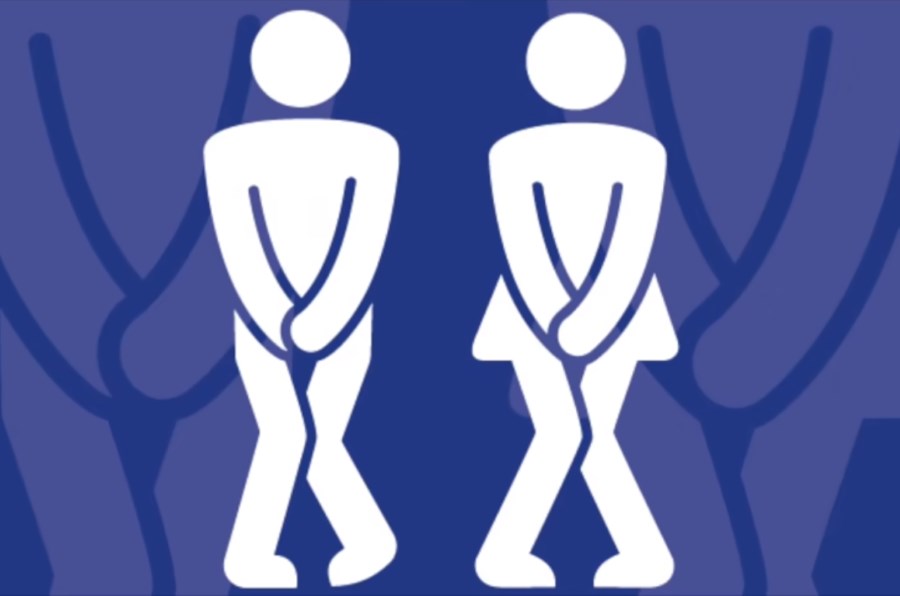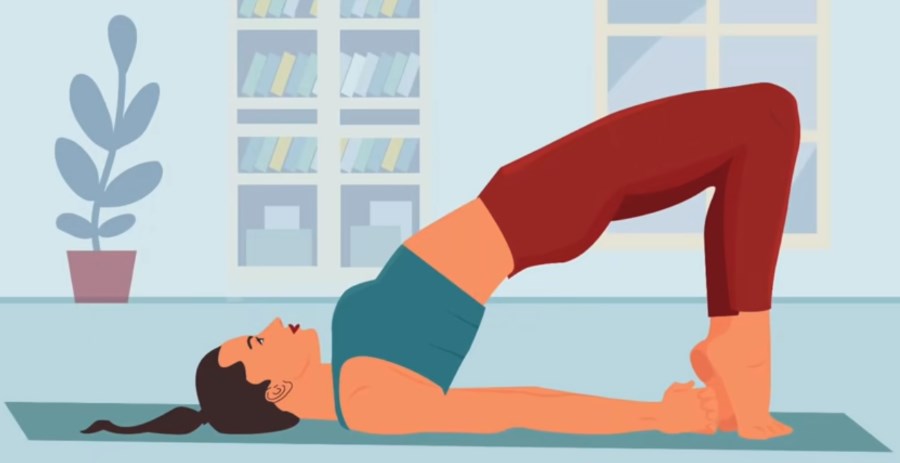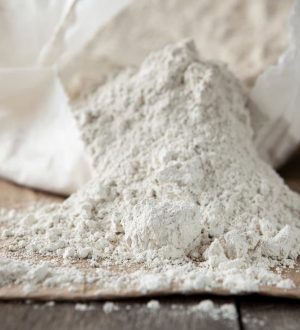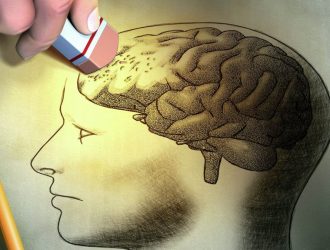
Female bladder leakage solved in 3 steps. There are potential underlying causes for an overactive bladder – a leaky bladder; a bladder that can’t hold urine; a bladder that causes you to go more frequently, and sometimes even frequent urination at night.
Contents
The underlying cause of a leaky bladder
Let’s go ahead and dissect this problem because there’s a lot of confusion about the underlying cause and, of course, the treatments have side effects. But many of the medications, that they use for this condition, are anticholinergic. It means that they block a certain neurotransmitter, called acetylcholine.
Acetylcholine is kind of like a hormone within the nervous system, that affects the pelvic floor, as well as the mechanisms that allow you to contract and relax your bladder. And that whole system collectively is called the autonomic nervous system. The drugs that they use for leaky bladder really are affecting the autonomic nervous system. This makes sense because one of the root dysfunctions is neurogenic, which means – it’s coming from the nervous system.
The other cause that they talk about is idiopathic, that means unknown cause. Major cause for that is insulin resistance. That’s a condition where you also have high amounts of insulin, which then leads to alteration within your autonomic nervous system. So, when you have this imbalance or dysfunction within the sympathetic nervous system, the parasympathetic can affect the muscle, called the detrusor muscle.
The confusing part about this, when you do research on it, is focusing on a loss of estrogen, especially after menopause, because of course when you go through menopause, your estrogen drops. So you definitely have a hormonal problem, that can definitely affect the bladder, as well as the vaginal area and many other parts of the body. But the problem is, when you give someone with a leaky bladder estrogen, it doesn’t seem to solve the problem. It’s more of a nerve-related problem within the autonomic nervous system, which can be greatly affected when you have insulin resistance.
This problem gets worse when you age, when you’re pregnant, when you have childbirth, especially multiple childbirths because that’s going to affect those muscles that help you contract and relax. That’s going to affect the structure; it’s going to stretch out the valve, that controls the release of urine through your bladder. Also, there’s things, that aggravate it like chronic constipation, obesity problems with chronic coughing and asthma, people that drink a lot of tea and coffee. These things can all aggravate the condition, not to mention this condition getting worse when you’re under stress, which makes a lot of sense because of how stress influences the autonomic nervous system.
The best remedies for a leaky bladder
The first thing to recommend is something that might just solve it without having to try any herbal remedies or even the kegel exercises. And that would be addressing this insulin resistance. Insulin resistance dramatically and negatively affects the autonomic nervous system. So, a lot of problems connected to that will disappear, when you address this insulin resistance.
We are going to recommend healthy keto and intermittent fasting. When you do this, you’re eliminating these refined carbs; you’re keeping your carbs under 25 grams per day. You’re doing the healthy version of the ketogenic diet, as well as doing intermittent fasting. So, you’re fasting for 18 hours and you have an eating window of six hours. That will help frequent urination, especially in men at night. It’s very effective for that, and if your problem really is the autonomic nervous system, you’re going to greatly affect positively the function of your bladder control.
If you jump right to the herbs, the remedy and you don’t fix this foundational eating problem, and you don’t fix insulin resistance, the herbs may not nearly have the impact that they should, and you might just kind of chalk it up to well, another remedy didn’t work.
- So, we would highly recommend starting with the healthy version of the ketogenic diet within a minute of fasting.
- Kegel exercises. This will help put more control into your bladder because urination is both involuntary and voluntary, and if you start to do these exercises, you start to put more control into the voluntary part of those muscles.
- There are three herbs that affect the autonomic nervous system.
- Cretiva nirvala stem bark (another name for this is Varuna).
- Horsetail
- Lindura agrigata.
How do you do that?

You should ensure that your bladder is empty; you want to land your back, maybe, on your bed with your knees up. You want to keep your lower back curve, so you don’t want to flatten the curve in your lower back. You can even roll up a towel and put that in your lower back. But that way it rocks your pelvis forward.
Then you want to lift and squeeze the pelvic opening. And you’re going to do that for a count of five seconds; you’re going to contract those muscles, and then you’re going to relax those muscles for five seconds. Then you’re going to go back and forth for about 10 times. You can do this just three times a day.
These exercises have been done for many years and with a very positive effect, as far as the herbal remedies.
Data
- https://pubmed.ncbi.nlm.nih.gov/29385990/
- https://patents.google.com/patent/US9452191B2/en
- https://www.ncbi.nlm.nih.gov/pmc/articles/PMC4631470/
- https://www.ncbi.nlm.nih.gov/pmc/articles/PMC3547179/
- https://www.ncbi.nlm.nih.gov/pmc/articles/PMC1578535/
- https://www.ncbi.nlm.nih.gov/pmc/articles/PMC2897743/






I didn’t have a leaky bladder but I used to go to the bathroom very frequently and I got really fed up with my sleep being disturbed at night to go to the bathroom (usually only once) and not being able to get back to sleep. Just over a year ago, I realized that I was insulin resistant so I started healthy keto and then introduced IF – 20/4. Within a few months, I lost 17kg and since then, while continuing with keto and IF, I’ve stayed at 50kg which is ideal for my height. I saw some improvement in the number of times I needed to go to the bathroom as well as many other improvements. I will be 74 next month and I try to do as much exercise as I can. Four days ago I started doing stomach vacuums and already I’m amazed that I no longer need to visit the bathroom at night so I’m getting better quality sleep, and I only go to the bathroom 4-5 times a day. So the combination of keto, IF, reversal of insulin resistance and vacuums has very much improved my life.
interment fasting
Yes, intermittent fasting is very useful. I also do a 24 hour or 48 hour fast occasionally. I feel so great being in ketosis. It’s made my brain much sharper. I’ve always enjoyed crosswords, Sudoku and other mind-stimulating things. I can solve most games of Freecell in 1-2 minutes. I learn new things very quickly and am still very good at mental arithmetic. Incidentally, I don’t have a TV out of choice because I want my mind to be active and challenged. For me TV is very boring. I keep up with the news on the BBC and SKY news websites and on YouTube.
This happened to me during menopause & I was 25 to 30 lbs heavier. Intermittent fasting absolutely cured this & now on a carnivore Keto diet! I’m 59 & Problem solved it never happens anymore